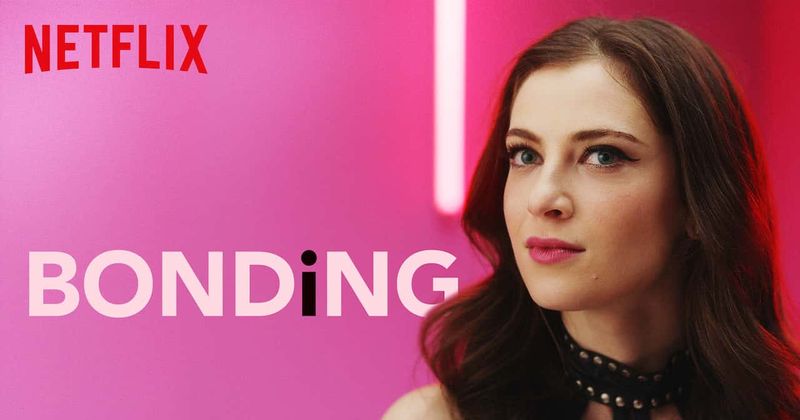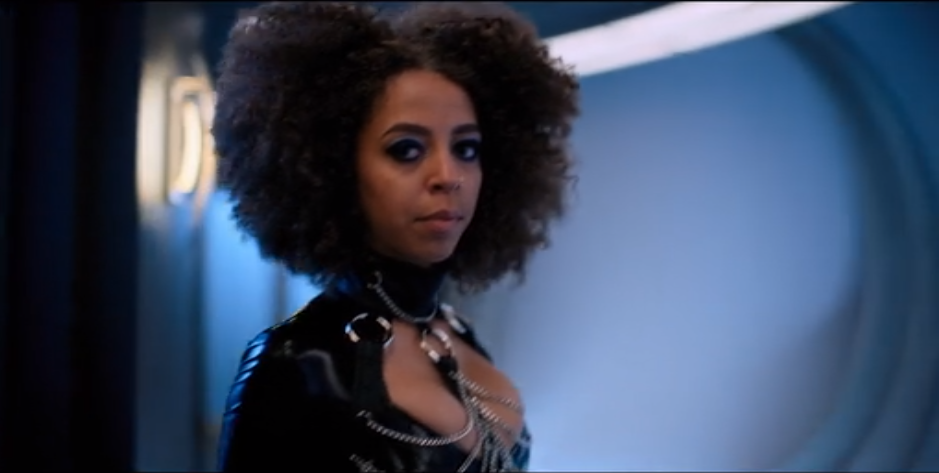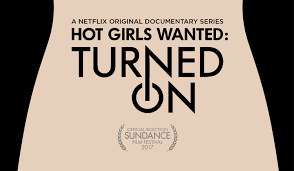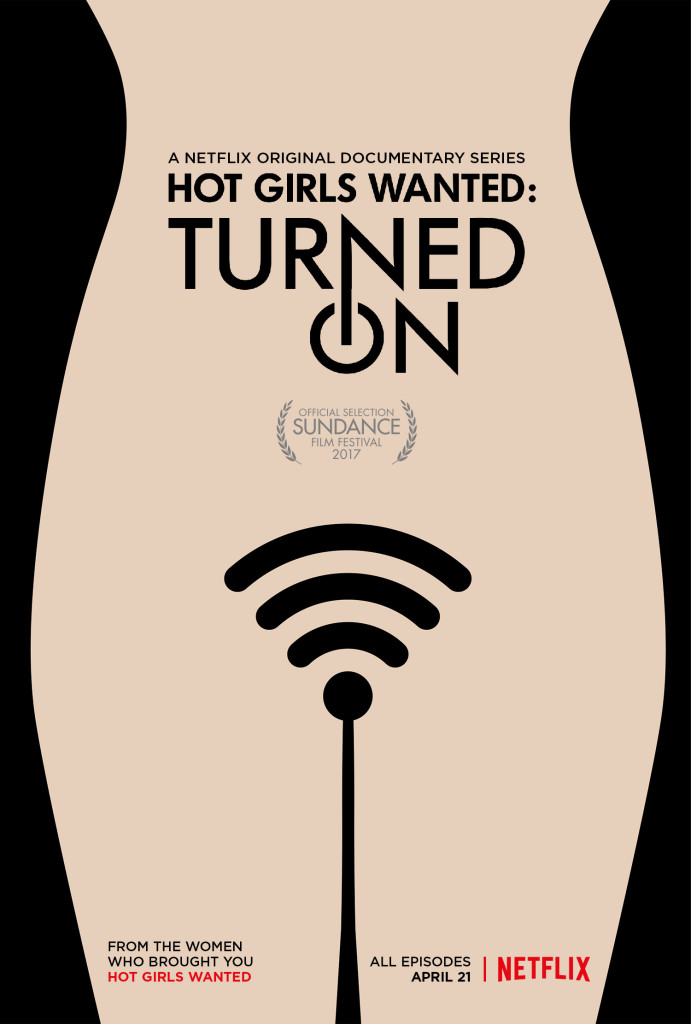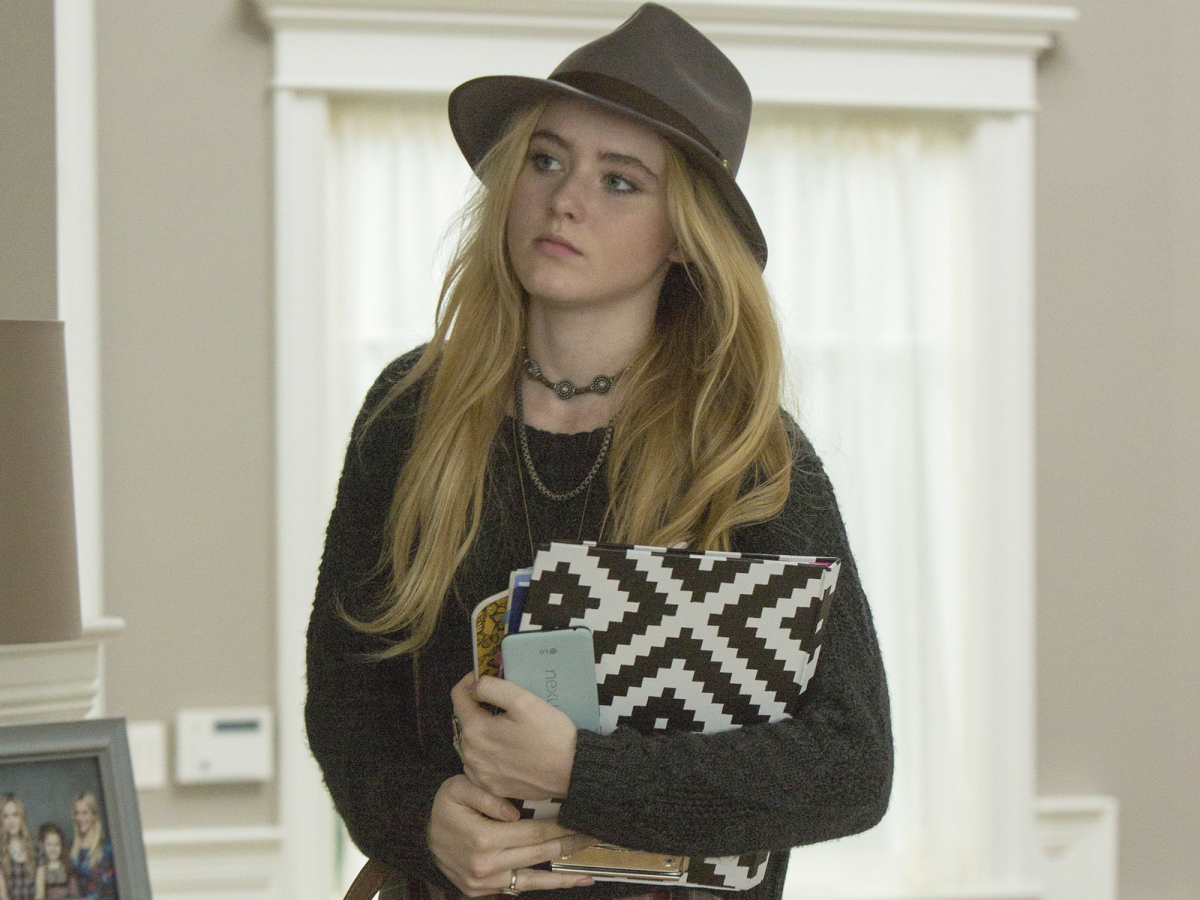“It’s your life story!” a friend texted me on April 24th along with a screenshot of Netflix’s new show Bonding. It was one of five or six texts I received that day from friends and clients making sure I’d heard about this new program that follows a dominatrix/grad student in and out of the dungeon.… Continue reading Bonding (2019)
Category: Television
Altered Carbon (2018)
Content warning: this review contains graphic discussion of the rape, torture, assault, and murder of sex workers; as well as spoilers after the jump. For the uninitiated, Altered Carbon is the story of Takeshi Kovacs (Joel Kinnaman), a biracial man “resleeved” into the body of a beautiful, dirty blonde-haired, and incredibly hard-bodied white man in… Continue reading Altered Carbon (2018)
Hot Girls Wanted: Turned On—The Production
I first heard that a sequel to Hot Girls Wanted was being made about three months ago. A performer I followed posted about being approached for filming. He rejected the offer immediately. I shared his discomfort. The first Hot Girls Wanted was a documentary film carefully designed to manipulate the viewer into feeling disgust towards… Continue reading Hot Girls Wanted: Turned On—The Production
Hot Girls Wanted: Turned On—The Subjects
Hi @netflix where is the button for Please Don’t Show Me Celebrity Documentaries Objectifying My Marginalized Cohort? — Lorelei Lee (@MissLoreleiLee) April 23, 2017 I want to believe with all my heart that material can be made about sex workers that doesn’t demonize or belittle us. I want to get the same feeling chefs… Continue reading Hot Girls Wanted: Turned On—The Subjects
Big Little Lies Protecting White Virginity
[Content warning: this piece includes general discussion of rape and domestic violence.] Maybe every rich little white girl should auction off her virginity in support of Amnesty International, the way Abigail Carlson (Kathryn Newton), teenage daughter of HBO’s Big Little Lies protagonist Madeline Mackenzie, proposes to do. Abigail’s plot line gained little more than an… Continue reading Big Little Lies Protecting White Virginity
